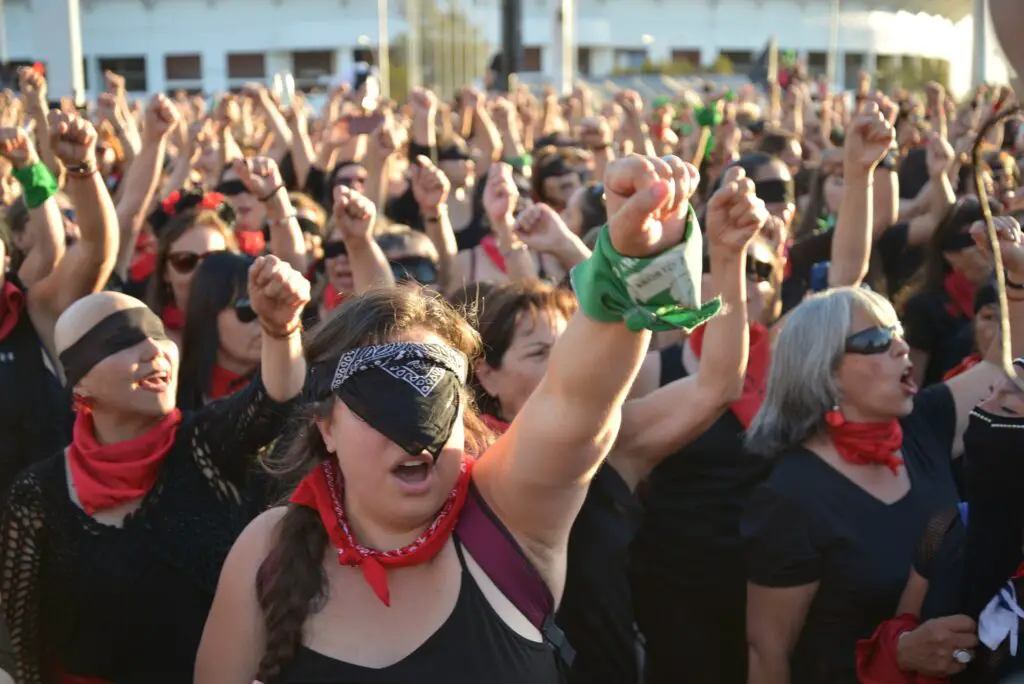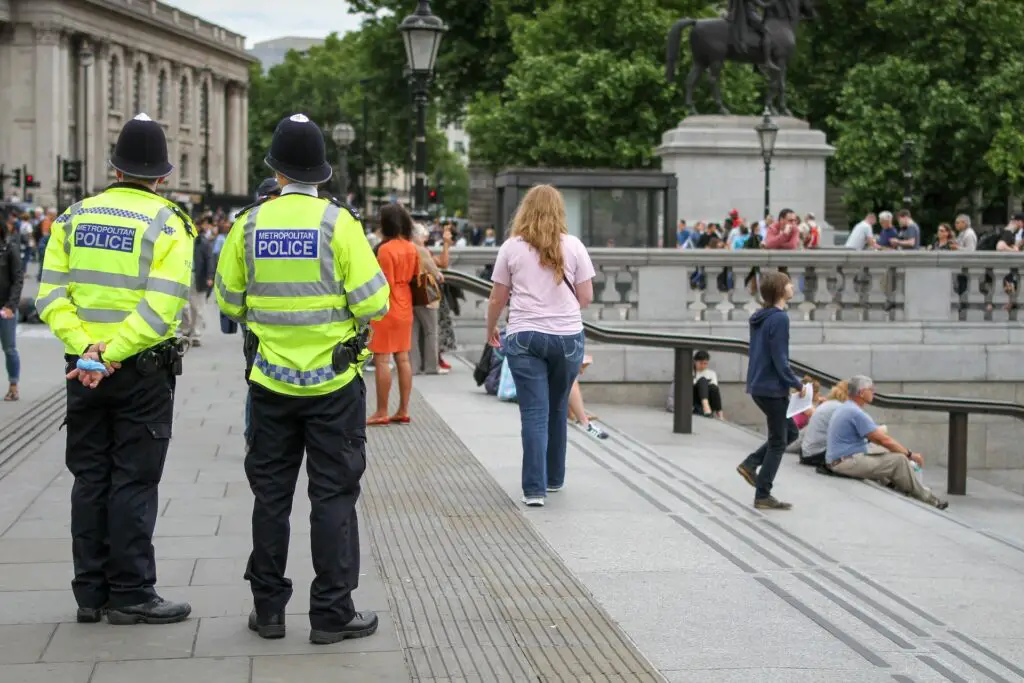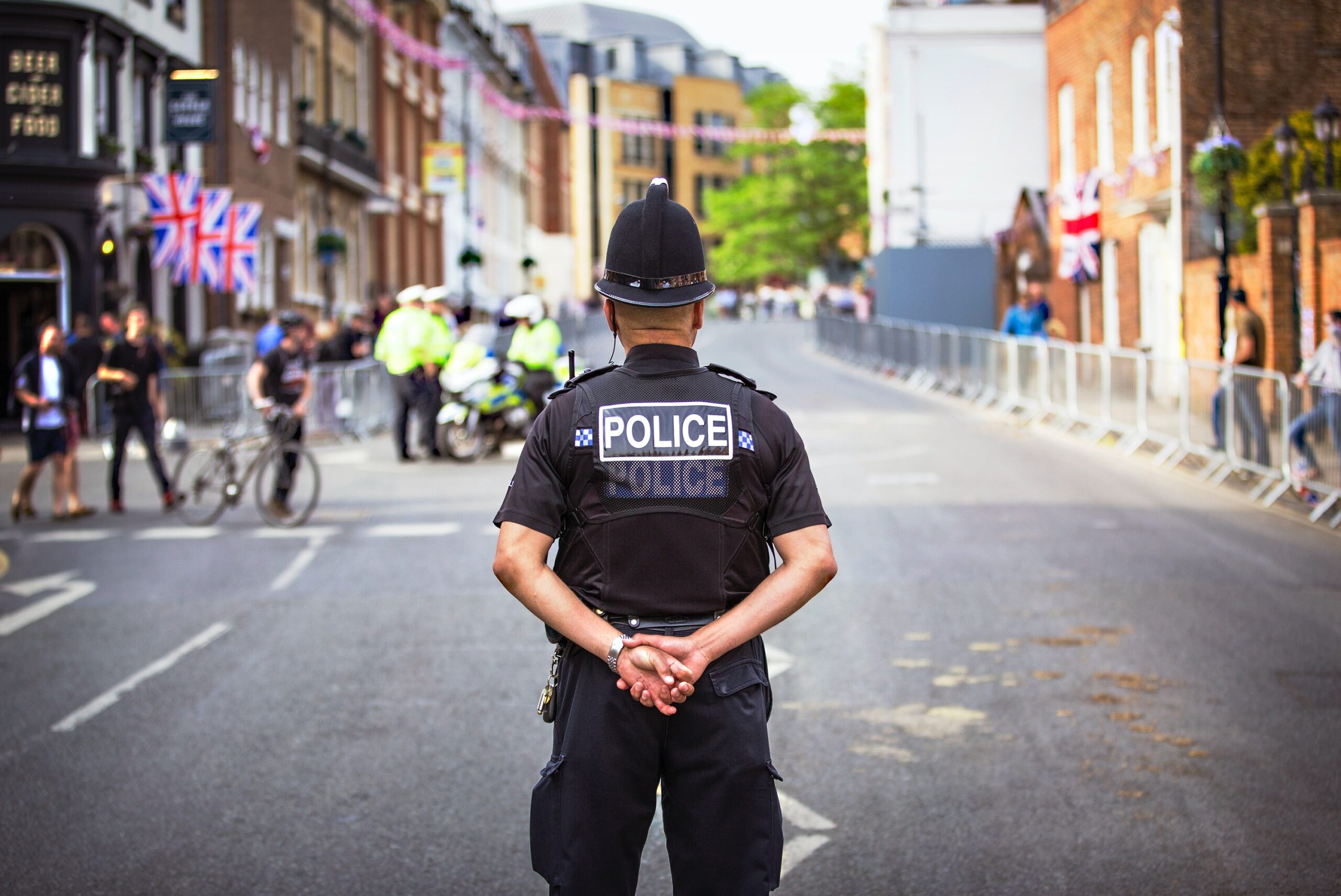Breach of the peace, also known as disturbing the peace is a legal concept in the UK that refers to any behaviour that is likely to cause fear, alarm, or distress to others or that may disturb the public peace. It is not defined in statute law but has been developed through case law.
Living in close proximity to others can be a wonderful experience, but it can also come with its own set of challenges. A common issue that can arise between neighbours is a breach of the peace. This can refer to a wide range of behaviours that disrupt the peace and quiet of the neighbourhood, from loud music and shouting to physical altercations and property damage.
A breach of the peace can have a significant impact on neighbours, both physically and emotionally. It can cause stress, anxiety, and sleep disturbance, as well as damage to property and personal safety concerns. In extreme cases, it can even lead to the breakdown of community relations and result in legal action being taken.
In this article, I will define what disturbing the peace is, discuss its legal implications, the effects on neighbours, provide examples of actions that can be considered disturbing the peace, and explain how to report such behaviour. I will also provide tips on how to avoid disturbing the peace.
What is Breach of the Peace
In the UK, breach of the peace is a legal concept that refers to any behaviour that disturbs the public peace, or that causes fear, alarm or distress to others. It is not defined in statute law, but has been developed through common law and case law.
Breach of the peace is also known as disturbing the peace.
Examples of conduct that could amount to a breach of the peace include public fighting, shouting or using abusive language in public, and engaging in activities that cause a disturbance in public places. It can also include actions that create a risk of harm to people or property.
Under the common law, the police have the power to arrest anyone they reasonably believe is about to disturb the peace, is in the process of committing a breach of the peace, or has already committed a breach of the peace. Breach of the peace is considered a summary offence, which means it is dealt with by a magistrate rather than a jury.
The penalties for a breach of the peace offence can range from a fine to imprisonment, depending on the severity of the offence and the circumstances surrounding it.
Effects of Breach of the Peace on Neighbours
Breach of the peace (or disturbing the peace) can cause problems for neighbours and neighbourhoods in several ways. Here are some examples:
- Noise: Breach of the peace can involve loud and disruptive noise, which can disturb neighbours and cause annoyance, stress and sleep disturbance.
- Property damage: Breach of the peace can also lead to property damage, which can affect neighbouring properties and cause inconvenience and expense to neighbours.
- Fear and anxiety: When neighbours witness or experience a breach of the peace, they may feel fear, anxiety or distress, which can have an impact on their mental wellbeing and quality of life.
- Disruption: Breach of the peace can cause disruption to normal activities, such as work or childcare, which can be especially problematic if it occurs frequently or at inconvenient times.
- Safety: Breach of the peace can pose a risk to the safety of neighbours, particularly if the behaviour is aggressive, threatening or violent.
- Property value: Neighbour disputes related to breach of the peace can also affect the value of neighbouring properties, potentially leading to financial losses for property owners.
- Culture and diversity: Breach of the peace can sometimes be linked to cultural or diversity issues, where different customs, traditions or beliefs lead to misunderstandings or disagreements between neighbours.
- Consequences for children: Children living in homes where breach of the peace is ongoing can be negatively affected, potentially leading to behavioural problems, anxiety, and other issues.
Breaches of the peace can cause a range of problems for neighbours, including noise, property damage, fear, disruption, and safety concerns. It is important to avoid breaching the peace and to be considerate and respectful towards neighbours in order to maintain a safe and harmonious community.

Examples of Breach of the Peace
Here are some examples of breach of the peace, or disturbing the peace in the UK:
- A group of protesters causing a disturbance by blocking a road or preventing people from accessing a building.
- Someone shouting or using abusive language in a public place, causing fear, alarm or distress to those around them.
- Fights or brawls in public places, such as pubs, clubs, or on the street.
- Loud music or noise that causes disturbance to others, especially at night or during restricted hours.
- Domestic disputes that become violent or cause a disturbance to neighbours.
- Someone engaging in threatening or aggressive behaviour towards others, causing fear, alarm or distress.
- Engaging in any activity that creates a risk of harm to others or property.
It is important to note that what constitutes a breach of the peace can depend on the specific circumstances of each case, and the police and courts will take into account factors such as the severity of the behaviour and whether there was any actual or potential harm caused to others or property.
The consequences of disturbing the peace can range from a verbal warning from a police officer to a formal arrest and prosecution. If convicted, individuals may face fines or imprisonment, depending on the severity of the breach.
Monitoring for Breach of the Peace in Your Neighbourhood
Monitoring for a breach of the peace can be an effective way to identify and address disruptive behaviour in the neighbourhood. Here are some ways that neighbours can monitor for a breach of the peace:
- Keep a log: Keeping a record of any disruptive behaviours can help identify patterns and trends, and provide evidence if needed. The log should include the date, time, and nature of the incident, as well as any witnesses and the impact it had on the neighbourhood.
- Report incidents: Neighbours should report any incidents of a breach of the peace to the police or local council. This not only helps to address the specific incident but also provides a record of the issues in the area, which can be used to identify trends and patterns.
- Use security cameras: Installing security cameras can help to deter potential perpetrators of a breach of the peace and provide evidence if an incident does occur. However, it is important to ensure that the cameras are used in compliance with privacy laws and that they do not infringe on the privacy of neighbours.
- Work together: Neighbours should work together to monitor for a breach of the peace and report any incidents. This helps to create a sense of community and can provide a stronger case when addressing the issue. You could consider setting up a Neighbourhood Watch Group (if there isn’t already one). I have an article all about Neighbourhood Watch Scheme that you can read here.
Reporting Breach of the Peace
If you witness or experience a breach of the peace in the UK, you should contact the police as soon as possible by calling 999 in an emergency, or 101 for non-emergencies.
When reporting a breach of the peace, provide as much detail as possible about what is happening, the location, and any individuals involved, including descriptions of their appearance, what they are wearing, and any vehicles or weapons they may have.
If you feel in immediate danger, or if the situation is ongoing and serious, the police will respond as quickly as possible. In less urgent cases, they may ask you to provide a statement later or attend a police station to provide more information.
It is important to note that the police may not always arrest or charge someone for a breach of the peace, and may instead seek to calm the situation or provide advice to those involved. However, if someone is arrested, they have the right to legal representation and to be informed of the charges against them.
There is further information on the Police website or the Met police website.

How to Avoid Disturbing the Peace
To avoid breaching the peace in the UK, it is important to be aware of your behaviour and surroundings, and to act in a considerate and respectful manner towards others. Here are some tips to avoid breaching the peace:
- Stay calm and composed in public spaces. Avoid shouting, swearing, or engaging in any behaviour that could be considered aggressive or confrontational.
- Avoid being disruptive or noisy, especially late at night or in residential areas.
- Respect other people’s property, and avoid damaging or vandalising anything that is not your own.
- If you are in a group, keep the noise level down and avoid blocking roads or causing obstruction.
- If you are attending a public event or demonstration, follow the instructions of the organisers and the police, and avoid engaging in any behaviour that could be considered threatening or violent.
- If you are involved in a dispute with someone, try to resolve it calmly and respectfully, and seek mediation or assistance from a third party if necessary.
- If you witness someone else breaching the peace, avoid getting involved unless you feel safe and confident to do so. Instead, contact the police and let them handle the situation.
Conclusion
In conclusion, breach of the peace can have a range of consequences for neighbours and their communities, including emotional, financial, and legal consequences. It is important for neighbours to be aware of the ways in which breach of the peace can impact them and take proactive steps to prevent and resolve disputes.
Through open communication, mutual understanding, and a willingness to work together, neighbours can create a safe and peaceful environment for themselves and their community. Seeking out community resources and neighbourhood watch programs, can also be helpful in preventing and resolving neighbour disputes related to breach of the peace.





Leave a Reply